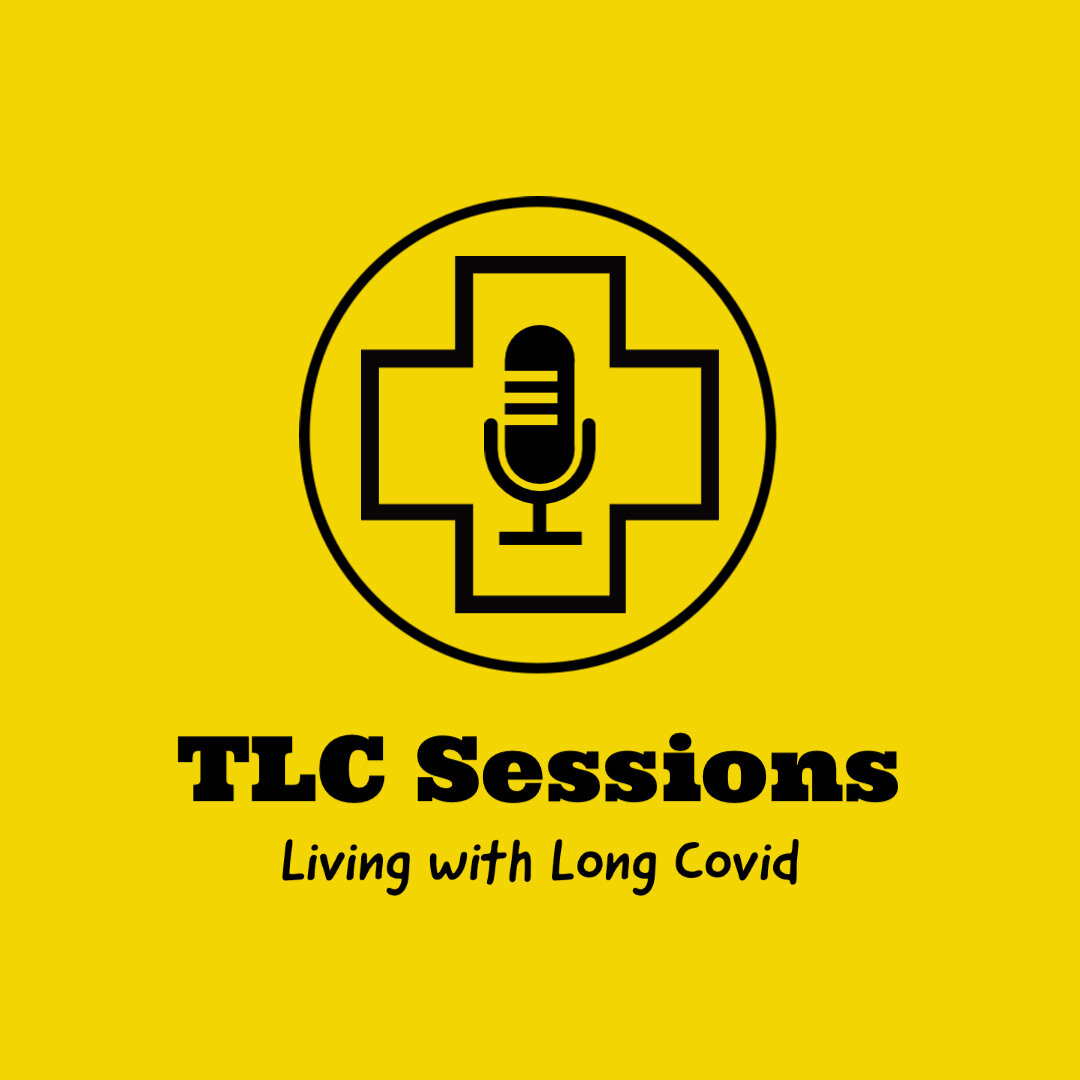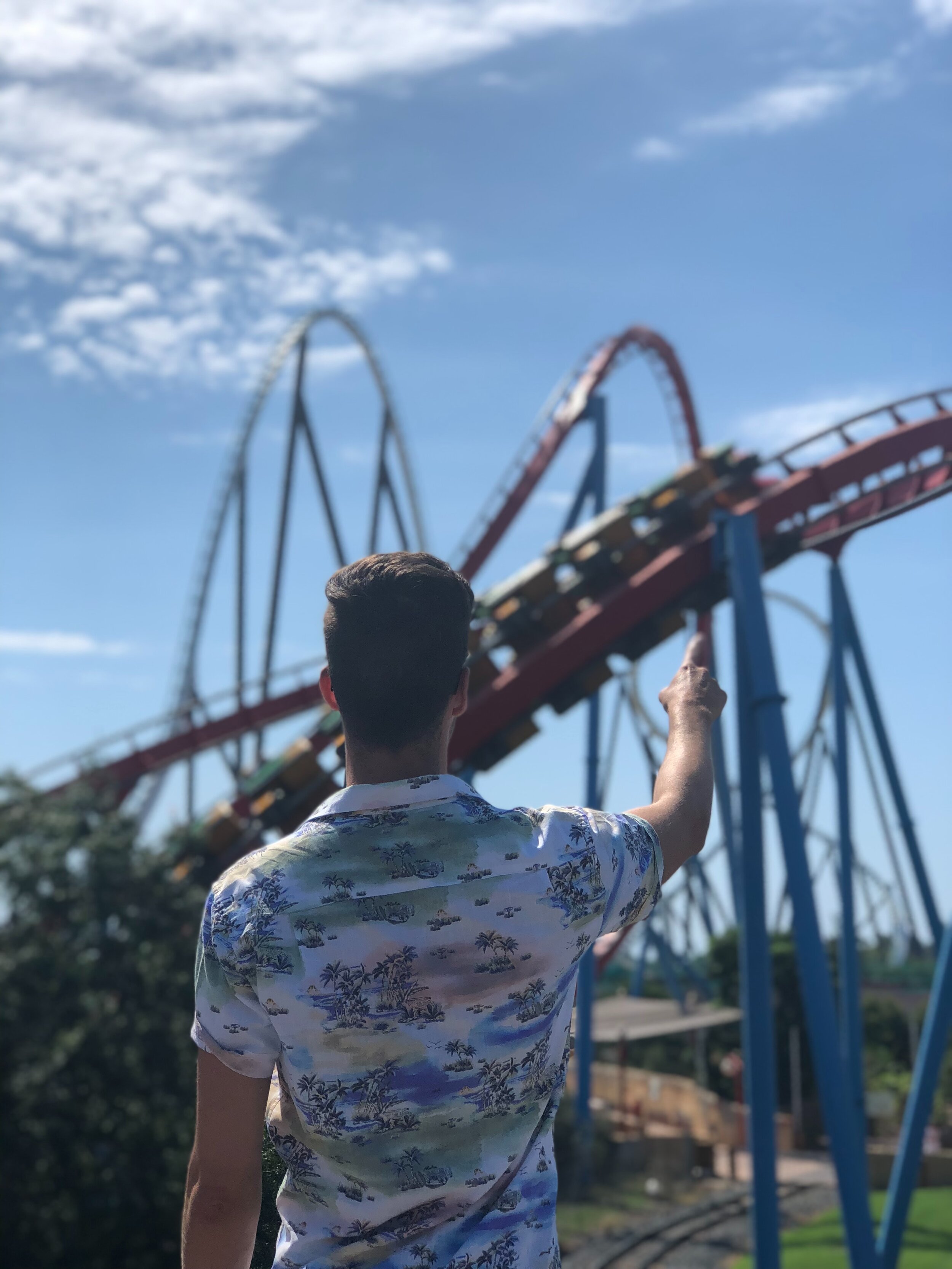
THE LONG COVID SESSIONS
A podcast dedicated to Long Covid
HOW WAS YOUR WEEK?
THE LONG HAUL
A very smart woman described living with Long Covid as a week by week roller coaster of vitality. Good weeks then precipitous stomach churning drops that literally take the floor out from under you.
With over 200 symptoms, every person’s experience of living with this new disease is unique. The members of this undesirable club are growing and, unlike the waves of the pandemic which ebbed and fell, the long term condition is seeing only a steady rise in numbers and this expanding army needs answers. There’s strength in numbers - let’s build a community.
YOUR STORIES
As two Long Covid sufferers we needed answers and as we went looking we found more and more people suffering quietly at home unsure where to go for help, with GP’s unable to diagnose from what is a dizzying amount of differing symptoms.
How is it living with Long Covid for you?
THE EXPERTS
The UK Office for National Statistics estimates that around two million people are living with Long Covid. In the United States the CDC puts it at 1 nearly one in five American Adults who have had Covid have Long Covid. In January 2022, Brookings Metro published a report that assessed the impact of long Covid on the labour market. They made a conservative estimate: 1.6 million full-time equivalent workers could be out of work due to long Covid.
“If 10-20% of the globe’s COVID-19 infections lead to Long COVID, we have a legacy of 10-20 million long term cases to manage.” Danny Altman, Immunologist
So what is the latest research revealing? What are the experts and doctors advising? We interview those working to understand the disease, its impact and its management, all over the world.






This week we talked to Dr. Benjamin Krishna from the Cambridge Institute of Therapeutic Immunology & Infectious Disease. He was part in a study led by the University of Cambridge that has discovered that the protein interferon gamma (IFN-γ) might be a key indicator of Long COVID fatigue. This finding could help develop treatments and offer a clear diagnosis for some patients.
“Do you classify Long Covid as a neurological condition, for everyone, regardless of their symptomatology?”
“Absolutely yes, I think a major component of Long Covid is neurological, and by neurological I don’t mean only central neurological, peripheral neurological….”
“When you come from this particular community, there was never any never any doubt or contention about airborne transmission. And this is something that has staggered me from the start because the idea of of a virus being airborne is entirely non-contentious… You just make the immediate assumption that if a virus is spreading rapidly within a population, it's airborne, because that's how you get that speed.”
“I estimated those costs all together… for the US would be about $3.5 trillion dollars which is a huge amount of money, which just tells you kind of the scale of the number of people who have Long Covid, and how disabling it can be both in terms of their health and in terms of their incomes, their ability to work, and how much medical spending is involved.”
“So here comes the immune system. What are we doing for it? Well, it's inflammatory. It's over activated. And it's basically in hyperdrive. One of the 10 commandments of immunology is the immune system is antigen driven. It doesn't just turn on because it wants to turn on, it is turned on because something pushed the ‘on’ button.”
“We saw really big differences between the patients and our controls in the way that the muscle is able to generate energy using mitochondria. We know that that normally exercise is good for you and the exercise improves the mitochondrial function, but in our patients we saw the opposite happening - that it worsens.”
“You have this chronic central nervous system influence on the body, such that there's inadequate return of blood to the brain… but the problem is not with the not with the veins, the problem is not with the blood return, the problem is not even with the nerves… The problem is with the central command system… so in this model, the idea would be that Covid is the trauma and that's it's turned on this switch, and Long Covid is the failure to turn off the switch.”
“The number one symptom that people present with when they've got Long Covid or pernicious anaemia or iron deficiency is fatigue. So that is across the board in all three conditions. And then the second most common symptom is shortness of breath, palpitations, dizziness, fainting, difficulty sleeping, brain fog, pins and needles joint pain, depression and anxiety…”
“They found that the strongest signal was coming from serotonin. Peripheral serotonin levels were very similar between those who are acutely active with Covid and those who had Long Covid and much lower than those who had recovered from Covid and did not have persistent symptoms.”
“We are seeing viral persistence in tissues over many years after initial infection and the immune system is not able to completely clear this out. And so now we have to figure out how either we a) can get the immune system to clear this all out, or can we use other modalities - antivirals, monoclonal antibodies, immune-boosting modification, things like that, that will actually help purge these kind of persistent infected cells that we're observing in tissue.”